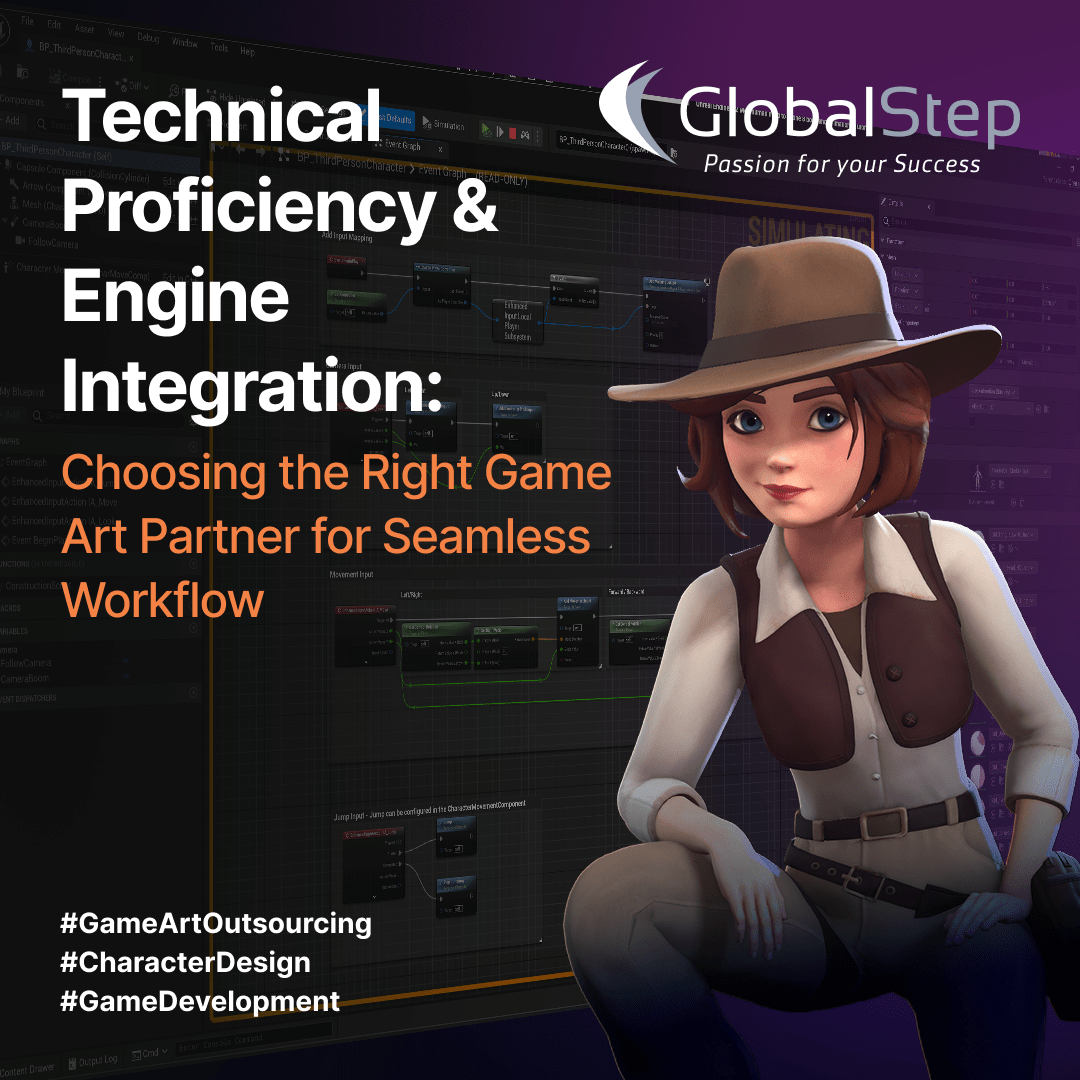How Preferential changes in the translation of a video game enhances the overall player experience.
Author: Marcelo Martins
Marcelo is involved with localization, LQA and audio services at GlobalStep
What are preferential changes?
Preferential changes are corrections to replace content with equivalent terms, even when the original terms were technically correct. These changes occur because the reviewers believe the updated content fits the current style and context better.
These corrections are usually not enforced in traditional translation/review/LQA workflows because they are seen as non-essential cosmetic changes. On top of that, the reviewer spends extra time to change a term that was previously correct and this may hinder their efficiency.
Because of these factors, preferential changes don’t have a score (either positive or negative) in most cases. Ultimately, this reinforces the idea that preferential changes are not necessary and have no impact on the quality of the translations.
This is true for some types of content, where preferential changes can lead to misinterpretations. However, when it comes to creative content in Video Games, there is an opportunity to improve the translation quality with preferential corrections. At GlobalStep, we were motivated to think differently and try something new with preferential changes.
Embracing preferential changes
In order to add value to preferential changes, linguists need full liberty to change whatever they want when they are testing the game, even when the original translation was correct. This made sense since the linguists who are playing the game can see the translations in context. Changing to a more suited term occurs naturally in this scenario.
The focus was always to shape the translations to enhance the local flavor of the game, creating an experience that feels unique to the native speaker. This is supported by the focus on creating puns, jokes, rhymes and humor that are perfectly adapted to what is happening in the game.
Most of these changes would fall into the preferential category and would be deemed as irrelevant in traditional translation/review/LQA workflows. In our case, these changes were encouraged and celebrated. By doing this, we were also giving the linguists a stronger feeling of ownership over the content.
The challenges of implementation
Because of the innovative approach and mindset change, we needed to overcome all the doubts, fear and insecurity related to this approach. One of the most common concerns was tied to performance evaluation. Linguists thought that preferential changes would have a negative impact on the assessment of their translations.
To address this, the following guidelines were created.
- Preferential changes are not only accepted, they are encouraged. If you feel that a change will benefit the game, don’t hesitate to do it.
- Preferential changes are beneficial to the final quality of the game. These are positive changes that should be embraced by the entire team.
After several months and sedimentation of these instructions by showing clear examples of positive results, the team started feeling more at ease with the idea. New challenges were presented along the way, but these instructions remained unchanged. Eventually, the linguists embraced the idea and preferential changes became a regular part of their workflow.
Assessing the results
After more than 2 years of the implementation, the following results were observed:
- Enhanced Localized player experience
- Increased quality of the localized content, with a “local” flavor in the translation that was optimized after testing. This is measured on a regular basis with our proprietary audits and reports performed on live versions of the game.
- Enhanced client satisfaction regarding the localization quality of their games.
- Increased autonomy of linguists to provide feedback regarding the localized content of the game.
- As a result of increased autonomy, the work environment was drastically improved, leading to increased talent retention.
In the end, embracing preferential changes proved to be beneficial for the localized quality of the games, drove value in the relationship with our clients and improved the work environment for LQA and translation teams. This is one example of a forward-thinking approach that is encouraged by GlobalStep’s leadership and supported by the mature relationship with our clients.
Get in touch with us today to know more or speak to one of our experts about how we can enhance your video game.
Game Localization, Video Game Translation, Transcreation Services, Game Translation Services, Game Localization Services





